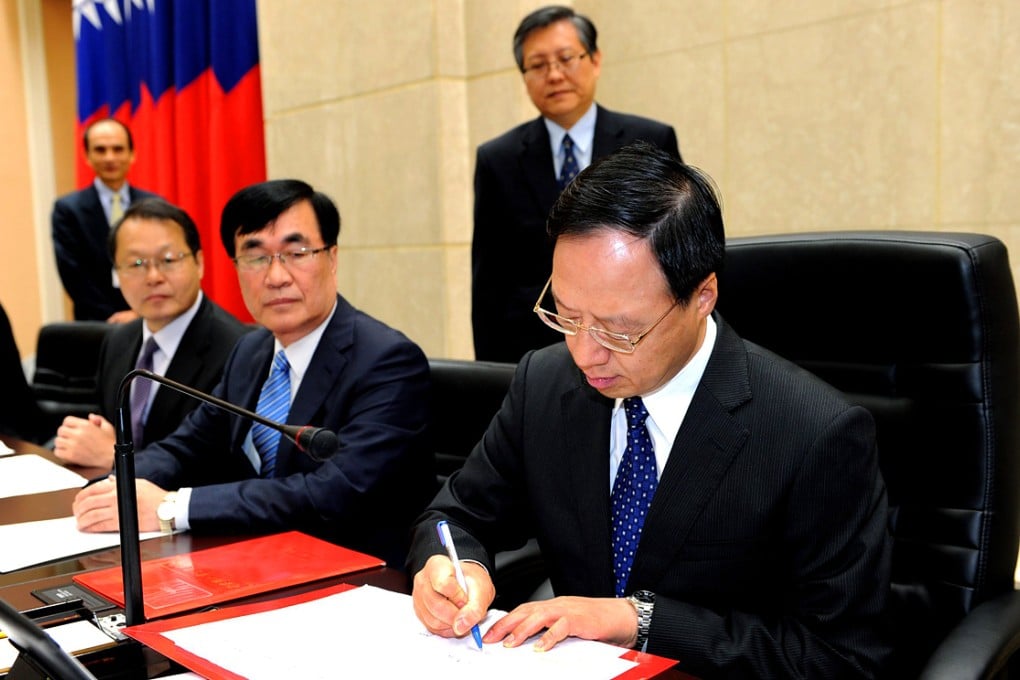President Ma expected to quit as KMT chairman as Premier Jiang and 80 in Cabinet resign
Vice-President Wu offers to resign as KMT's vice-chairman after humiliating local election defeat as officials say decision on Ma's role as chairman will come on Wednesday

Premier Dr Jiang Yi-huah led 80 members of his Cabinet to resign en masse this morning following the humiliating defeat of the ruling Kuomintang in Saturday’s local elections.
Taiwan’s Vice-President Wu Den-yih then offered his resignation as vice-chairman of the KMT to President Ma Ying-jeou, who is chairman of the KMT.
“Vice-chairman Wu Den-yih tendered his resignation to chairman Ma this morning,” Wu’s office said in a text message to journalists.
However, it was not immediately known whether Ma had accepted his resignation as the deputy head of the ruling party.

Jiang had resigned on Saturday in order to assume responsibility for the KMT’s worst electoral setback since coming to power in 1949.
